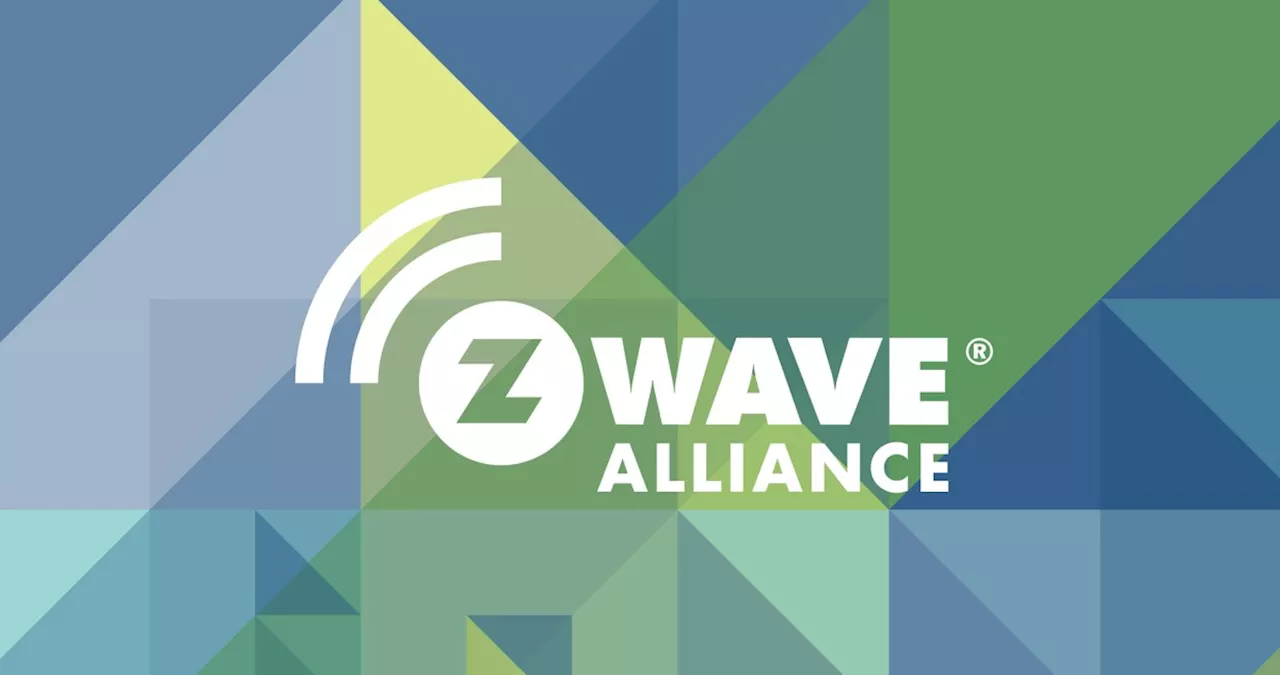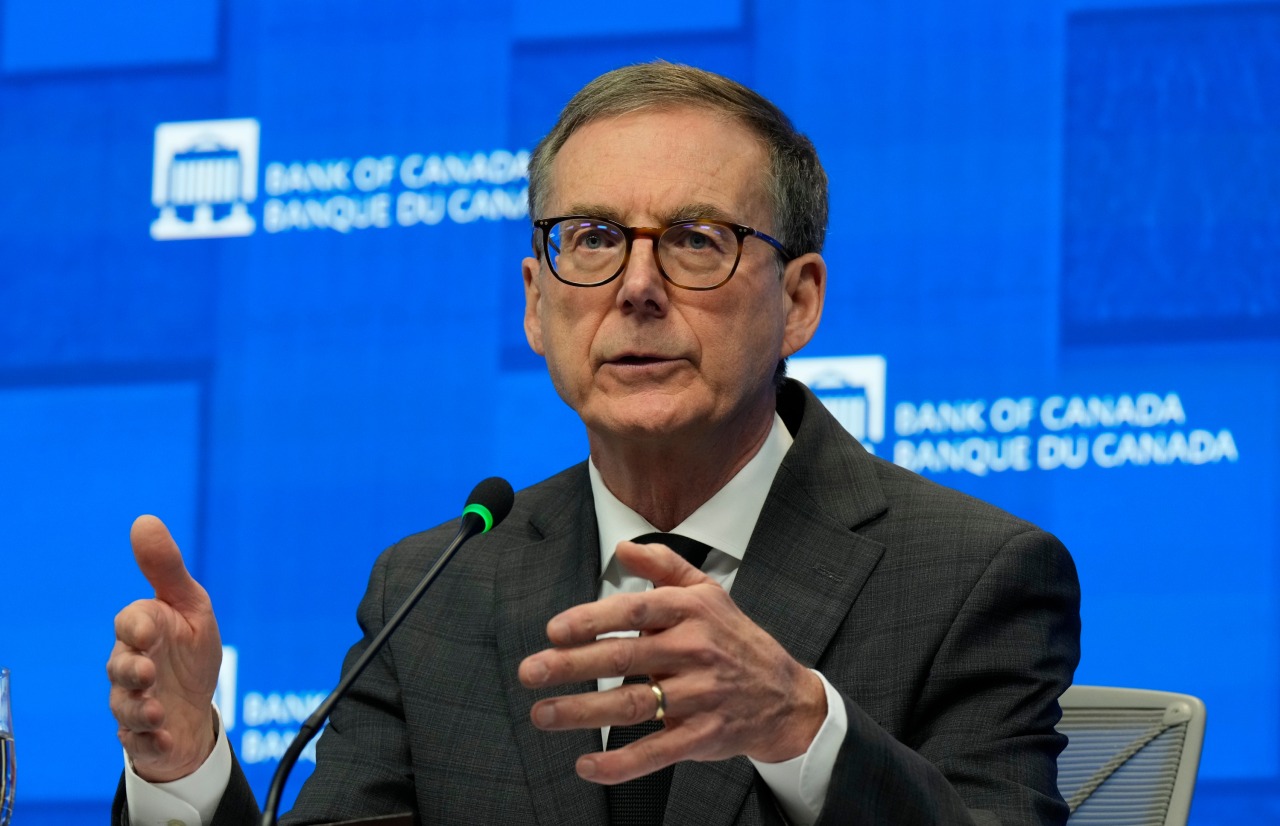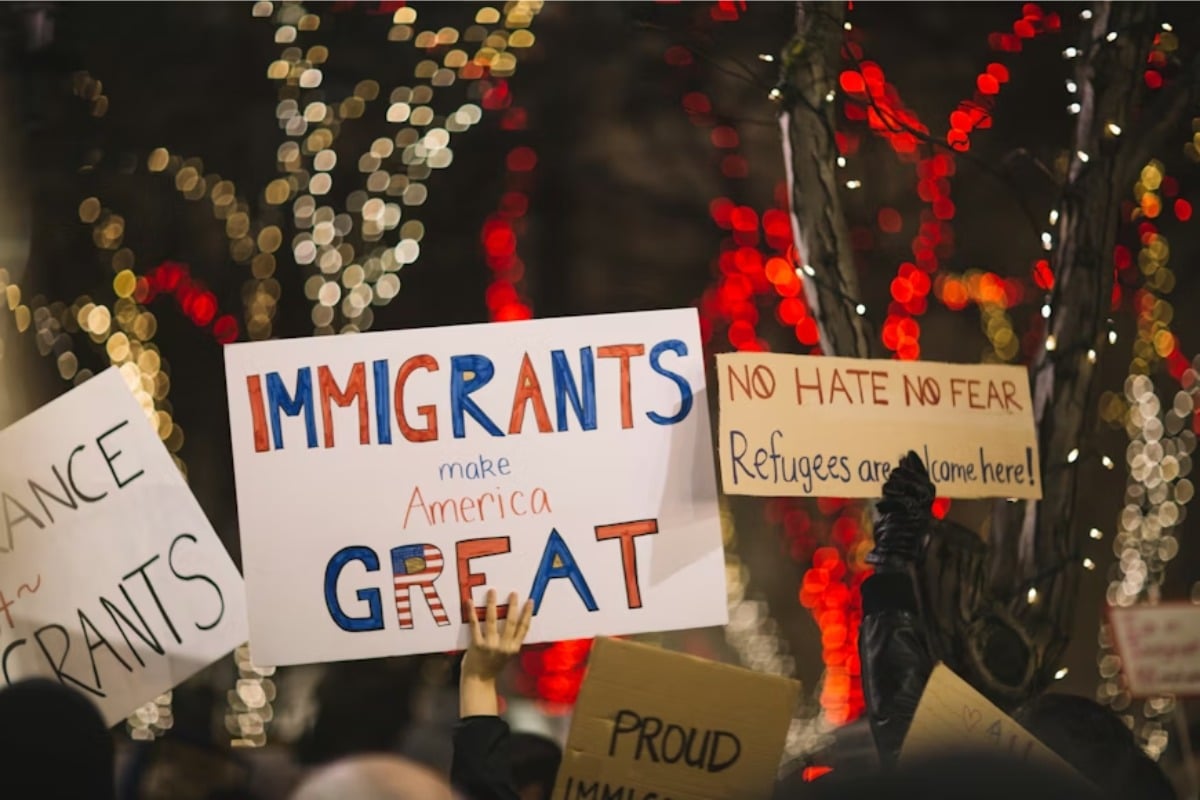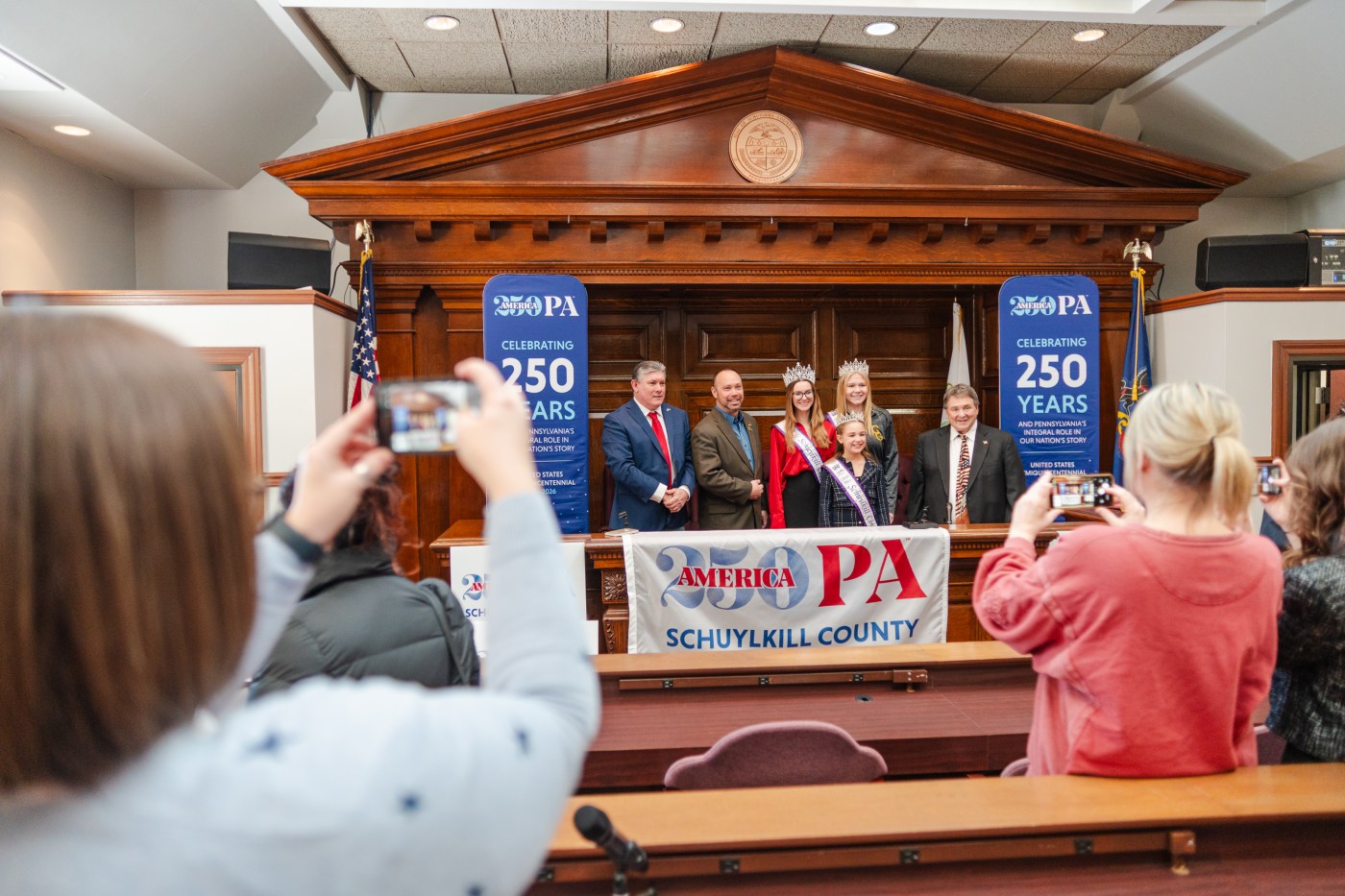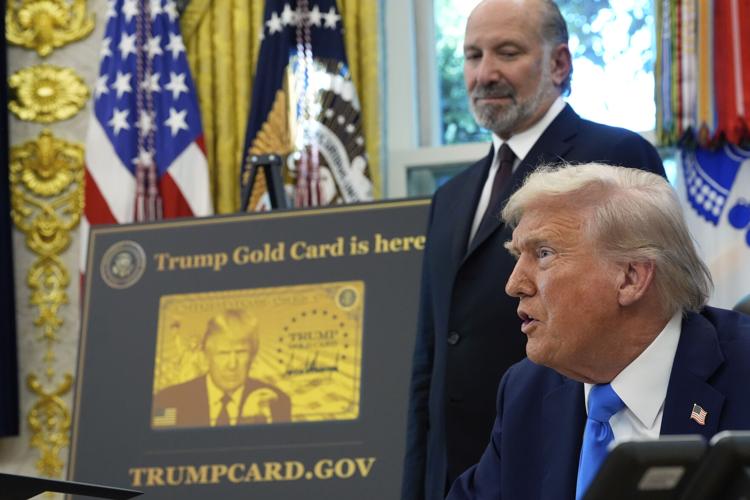
The Trump administration’s recent immigration policy changes have raised significant concerns among immigrant workers and technology companies. On March 15, 2024, President Donald Trump announced a new $100,000 fee for H-1B visas, aimed at skilled tech workers. The White House clarified that this fee applies only to new applicants, not to current visa holders.
During a press conference on Friday, Trump, accompanied by Commerce Secretary Howard Lutnick, signed a proclamation mandating the new fee for H-1B visas, which are essential for filling high-skilled positions in the tech industry. Following this announcement, White House press secretary Karoline Leavitt emphasized in a post on X that individuals already holding H-1B visas would not incur the new fee when re-entering the United States. “This applies only to new visas, not renewals, and not current visa holders,” Leavitt stated.
The fee will take effect at 12:01 a.m. ET on Sunday, with an initial expiration date set for one year later. However, there is potential for extension if deemed necessary for national interests. The White House also assured that the new regulations do not hinder any current visa holder’s ability to travel to and from the U.S.
Despite these clarifications, confusion persists regarding the nature of the fee. Lutnick indicated that it would be an annual cost for companies, but a White House official later described it as a “one-time fee.” The official, speaking on the condition of anonymity, acknowledged that discussions about the fee’s application to renewals are ongoing.
The Indian government expressed deep concern on Saturday regarding the potential implications of this policy change, which could significantly increase costs for tech workers seeking to enter the United States. The Ministry of External Affairs noted that more than 70% of H-1B visa holders are from India, and cautioned that such measures could have humanitarian consequences, disrupting families and careers.
Trump’s announcement also included the introduction of a $1 million “gold card” visa for wealthy individuals. This visa would offer a pathway to U.S. citizenship following a thorough vetting process. Additionally, a more exclusive “Trump Platinum Card” priced at $5 million would allow foreign nationals to remain in the U.S. for up to 270 days without tax obligations on non-U.S. income.
While some advocates, such as U.S. Tech Workers, welcomed the potential reduction of H-1B visas as a step towards protecting American jobs, others criticized the fee increase as a move that could further complicate the immigration landscape. Doug Rand, a former senior official at U.S. Citizenship and Immigration Services, described the fee hike as “ludicrously lawless,” asserting that it serves more as a political maneuver than a genuine policy reform.
In terms of historical context, H-1B visas have typically been allocated via a lottery system, with Amazon emerging as the largest recipient in the current cycle, securing over 10,000 visas. Critics argue that the program often favors entry-level positions rather than filling specialized roles, thereby undermining wage standards for American workers.
The U.S. Chamber of Commerce expressed apprehension about the long-term effects of these new policies on employees, their families, and American employers. The organization is actively working with the administration to fully understand the implications and to advocate for a more balanced approach.
As the administration moves forward with these changes, the impact on the tech industry and the broader immigration system remains to be seen. With legal challenges expected and ongoing debates about the necessity of H-1B visas, the situation continues to develop, leaving many stakeholders in uncertainty.

